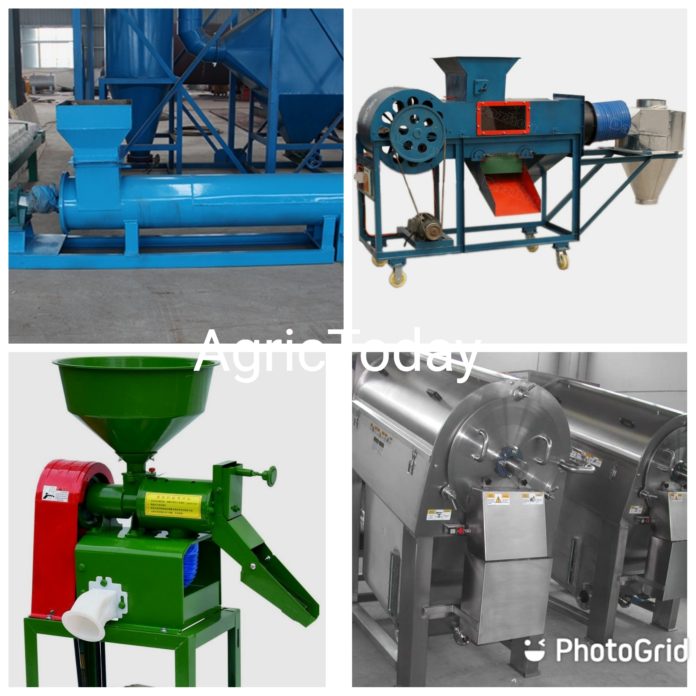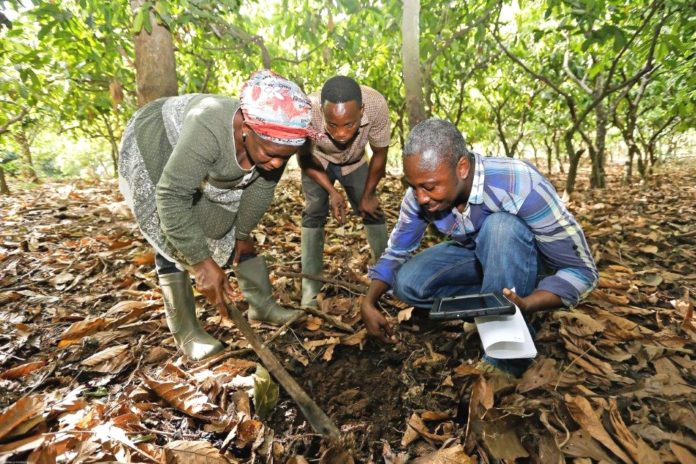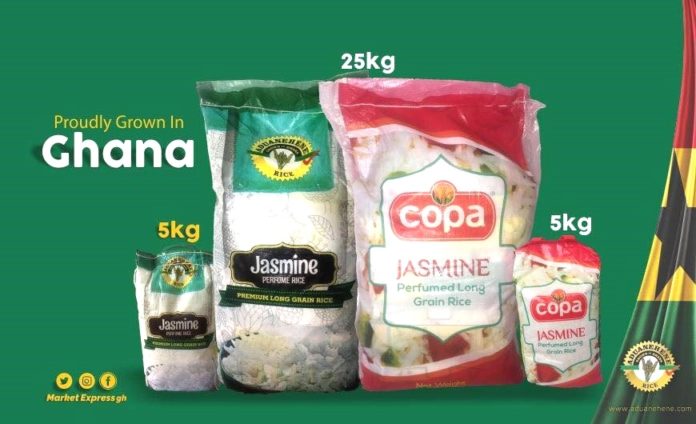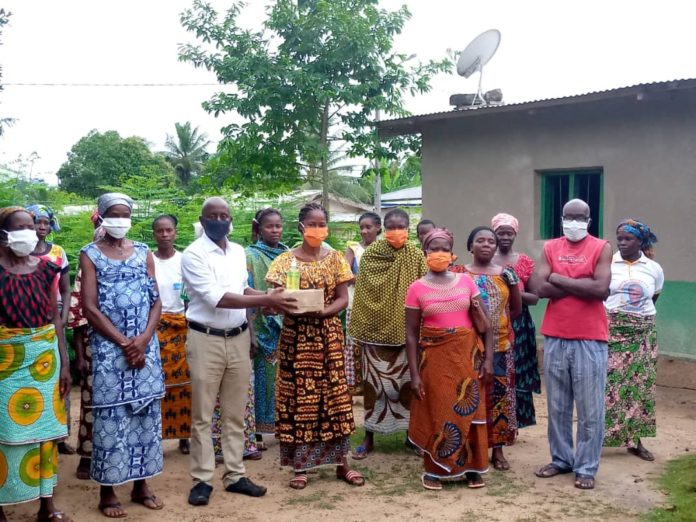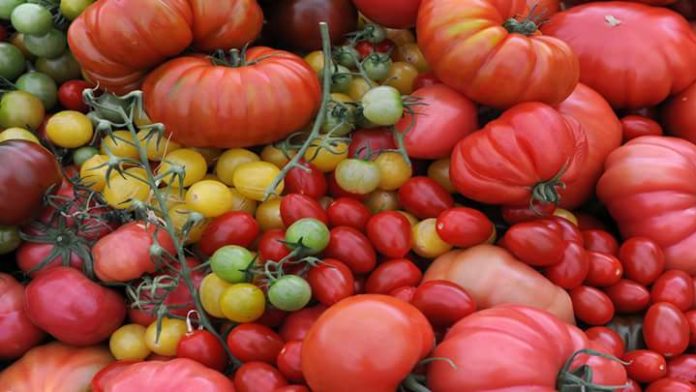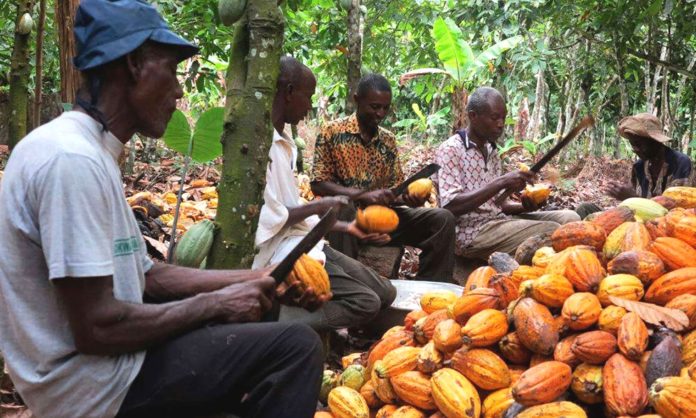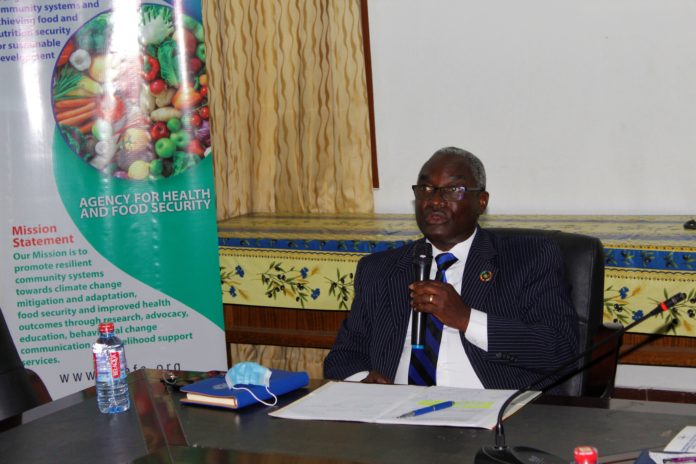The Canadian High Commission in Ghana, is for the second year, running, partnering Agrihouse Foundation, for the 2020 edition of the Annual Women In Food & Agriculture Leadership Training Forum & Expo (WOFAGRIC) Gold In The Soil Awards event
In a release issued in Accra by the organizers, Agrihouse Foundation, the Canadian High Commission, was quoted as saying that, the event was “directly in line with Canada’s Feminist International Assistance Policy, which sees empowering women as the best way to build a more peaceful, more inclusive and more prosperous world.”
Canada has been amongst the strong supporters of the event since its inception and has this year, undertaking the full technical and financial responsibility for the production of Gold in the Soil Awards documentary which is an important part of the awards scheme.
Canada will also be leading four (4) Training and capacity building sessions, aimed at strengthening the agribusinesses of women in agriculture, developing business skills, building long term resilience in mechanization and Technology, amidst the Covid-19 pandemic and beyond.
The Gold in the Soil Awards documentary, which is going to be aired on selected Ghanaian television stations, amongst other purposes, recognizes and celebrates the social, economic, cultural, and agricultural achievements of women.
Its spotlight is on the nominated women’s farms and businesses, as it tells their story through the women’s passion, drive, excitement, challenges, short- and long-term vision, in a way designed to inspire and mentor viewers. The documentary plays an important role in the judgment of the awards jury.
The women-focused event, which made its debut in 2019, will be held at the Golden Bean Hotel, Kumasi from Thursday 6th to Friday 7th August 2020
With the theme, Transforming and Sustaining Women In Agriculture: The Role of Public, Private and Development Partners.
The 2nd Women In Food & Agriculture Leadership Training Forum & Expo (WOFAGRIC) & Gold In The Soil Awards is Agrihouse’s expert opinion sharing, mentoring, networking and learning platform for women in agriculture, agripreneurs, key stakeholders, development partners, researchers, farmer groups, government agencies, businesses, civil society, investment, and professional advisors and corporate leaders.
The event forms part of ongoing efforts to empower women, promote their works, expand their horizons, champion change, and innovation, advance women entrepreneurship, recognize and award their works while, at the same time, using it to mentor and inspire other women to venture into Agribusiness.
These women come in different categories – rural women, young female agripreneurs, female students, and women with disabilities, etc. – they all continue to make unrecorded but significant contributions to Ghana’s agricultural sector.
It is for this reason that Agrihouse Foundation conceived the idea of WOFAGRIC to provide a national platform through which women in agriculture are acknowledged and appreciated for their roles in growing the economy and, by implication, contributing to Ghana’s quest to achieve food security, alleviate poverty and create employment.
The event designed to have a rotational venue (region to region) annually, will be held this year at the Golden Bean Hotel in Kumasi, the capital city of the Ashanti Region for two days. The maiden edition was held in Volta Region, 2019.
The activities of the first day will cover activities such; Agri-Women Panel Discussion & Dialogue; Wave-maker Mentorship Session, Leadership training; Best Practices Sessions; identity and access to credit, Digital & Innovative Marketing trends.
The second day will feature such exciting activities as the Gathering of the Royals Dialogue (Queen Mothers in Agriculture), Fire In My Heart; Grace In My Soul Motivational Talk and the Gold In The Soil Documentary & Awards
The Gold In The Soil Awards part of the event, which is considered quite impactful, will recognize and honour outstanding performances for categories such as Passion for the Farm Award; She-Innovates Award; Climate-Smart Women Project Award; Outstanding Woman in Extension Services Award; The Super Woman Farmer Award; Star Woman Agripreneur Award (Woman Agripreneur Award); and the Royal Agro Award.
Other categories include Diamond in the Rough Award; Feed to Food Awards – (Poultry, Livestock & Fisheries); The Change Champion Award; Lady of The Region Export Award; Development Partner Award; Princess Carla Award; and the ultimate award – the Gold in the Soil Award.
The distinguished winners of the highly respected sectorial awards are nominated by the public and, based on their verified performance and achievements, as recorded and shown in the video documentary, a jury of equally distinguished industry experts, led by the National Farmers and Fishermen Award Winners Association, commune together to decide who meritoriously wins what.
Based on the impressive and fulfilling testimonies received from the impact of 2019 WOFAGRIC and Gold in the Soil Awards, the organizers say that the event is already attracting and boosting the interest of women in agribusiness, as well as projecting the contributions of women to agriculture, and showcasing their products and services.
“Through the Gold In The Soil Awards and the Documentary, more light has been thrown on activities of women in the agric space, and this has motivated other women to see role models in these accomplished ‘womenpreneurs’ and, in the long run, more women would be in the agric space helping create more employment,” the press releases stated.
The Release paid much tribute to its sponsors and partners who have played significant roles in sustaining the project.
“Agrihouse Foundation recognizes and appreciates the support of our ardent sponsors like Canada, Absa, Yara, and Brown Gi. As well as our Partners who understood our vision and stood by us: Ministry of food and Agriculture (MOFA), Women in Agric Development (WIAD), and the National Farmers and Fishermen Award Winners Association of Ghana (NFFAWAG)”.


